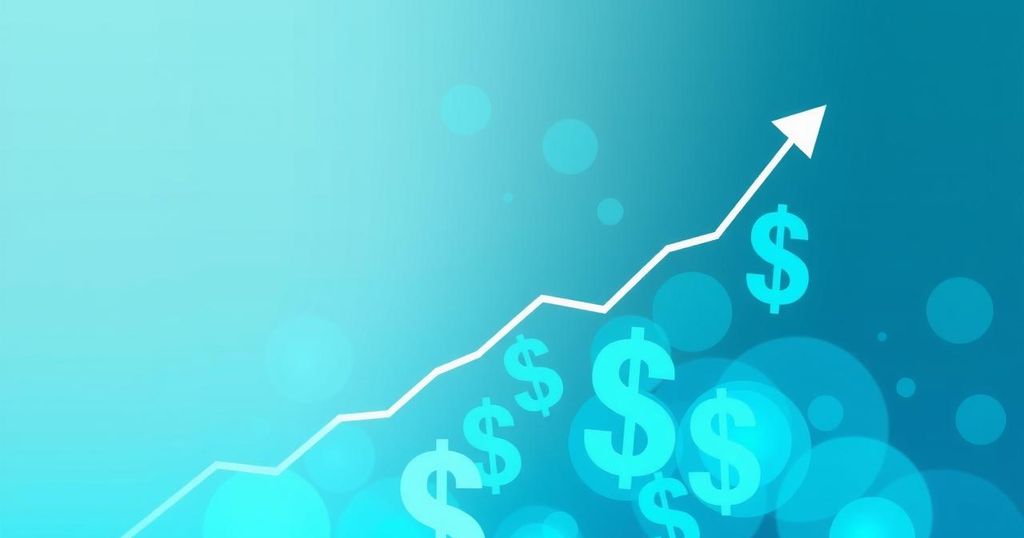Brazil’s Central Bank Raises Interest Rates Amid Economic Caution

Brazil’s central bank raised interest rates by 100 basis points to 14.25%, signaling a potential smaller hike ahead. The new governor, Gabriel Galipolo, is under scrutiny for balancing inflation control with economic stimulus. Adjustments to inflation forecasts reflect ongoing economic complexities, as analysts anticipate further tightening in the coming months.
On Wednesday, Brazil’s central bank increased interest rates by 100 basis points for the third consecutive meeting, raising the benchmark Selic rate to 14.25%, a level last seen in 2016. This decision was unanimous, aligning with the expectations of all surveyed economists. The central bank’s committee, known as Copom, indicated that a smaller rate hike is anticipated at the next meeting, contingent on economic developments.
Policymakers stated, “The Committee anticipates an adjustment of lower magnitude in the next meeting, if the scenario evolves as expected.” This statement reflects the cautious approach of the bank, particularly under the new governorship of Gabriel Galipolo, who succeeded Roberto Campos Neto. Analysts expect a decrease in the pace of future hikes, with some forecasting a 50-basis-point increase at the next meeting as the final adjustment of this tightening cycle.
Galipolo’s leadership is attracting attention, especially as he aligns himself with President Luiz Inacio Lula da Silva’s administration while also focusing on inflation control amidst Lula’s efforts to stimulate economic activity. The recent decision coincided with the U.S. Federal Reserve’s announcement to hold rates steady, with global economic challenges emphasized in Brazil’s policy statement.
Despite the Brazilian currency’s 9% gain against the U.S. dollar this year, inflation expectations have worsened, raising concerns about achieving the official target of 3%. Brazilian economic activity displayed signs of resilience early this year; however, a noted weakening in the last quarter has policymakers on alert. Copom noted, “The set of indicators on economic activity and labor market has been exhibiting strength, even though we observe signals that suggest an incipient moderation in growth.”
The central bank has adjusted its inflation forecasts, now estimating a rate of 5.1% in 2025, down from 5.2%. For the third quarter of 2026, anticipated 12-month inflation has been revised to 3.9%. JP Morgan analysts described the central bank’s response as hawkish and predicted two additional 50-basis-point hikes in May and June before concluding the tightening cycle at 15.25%.
Brazil’s central bank has raised interest rates, signaling a cautious approach with an anticipated smaller hike in the next meeting. Under the new governor, Gabriel Galipolo, attention focuses on balancing inflation control with government stimulus efforts. Despite some economic resilience, long-term inflation expectations remain a concern, resulting in adjusted forecasts. Analysts expect continued tightening in the upcoming months, highlighting the complexity of Brazil’s economic landscape.
Original Source: money.usnews.com








